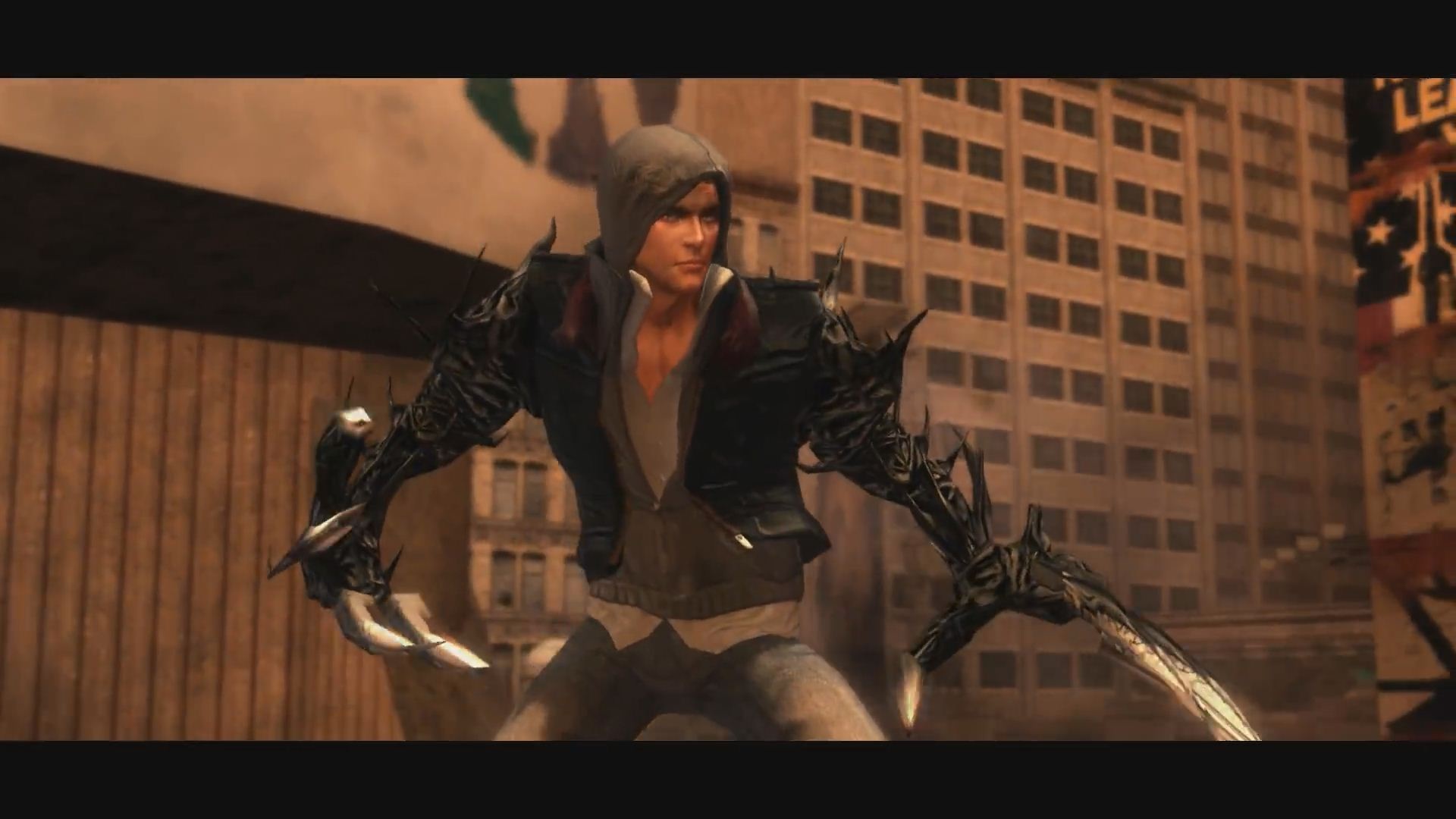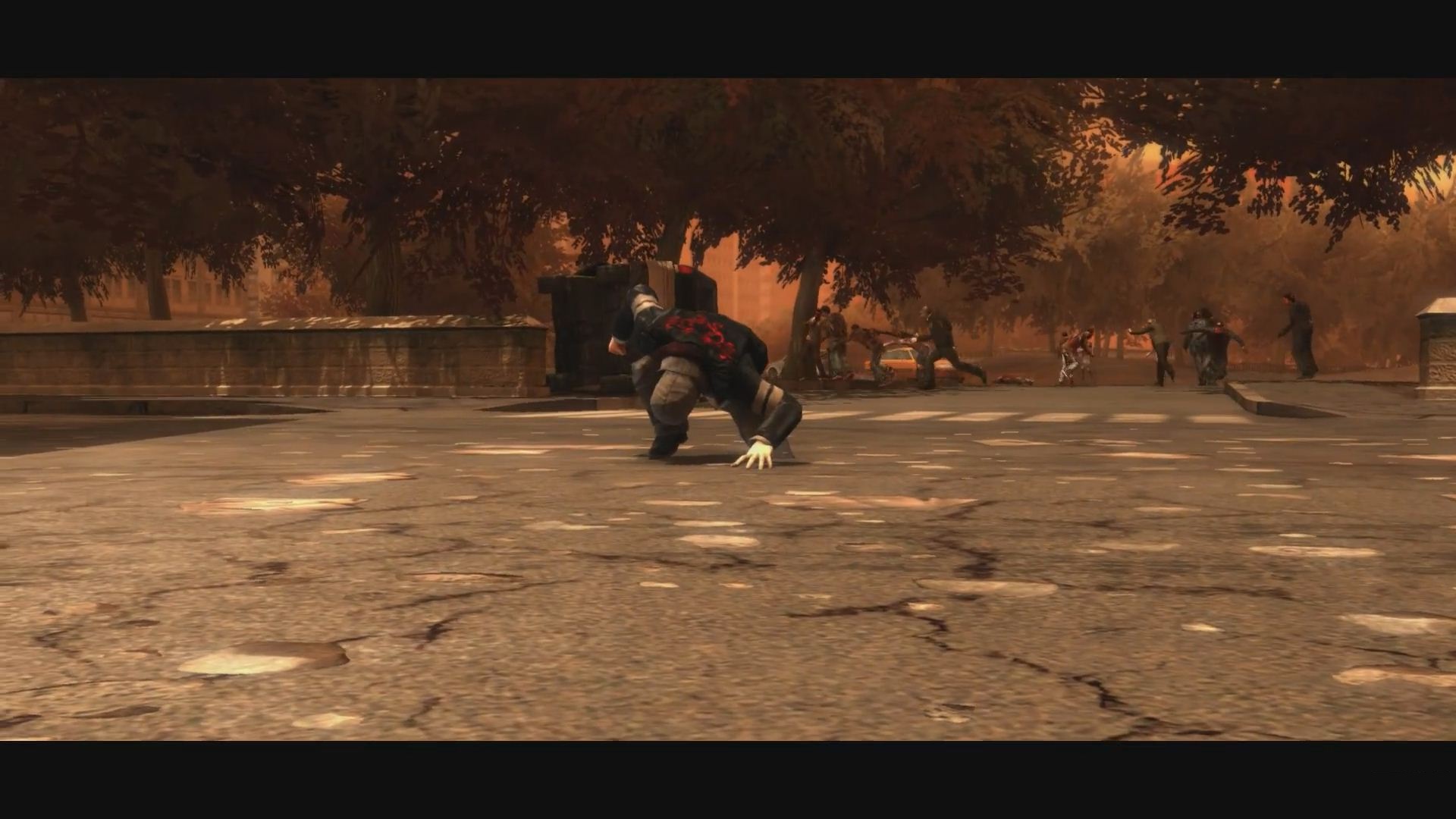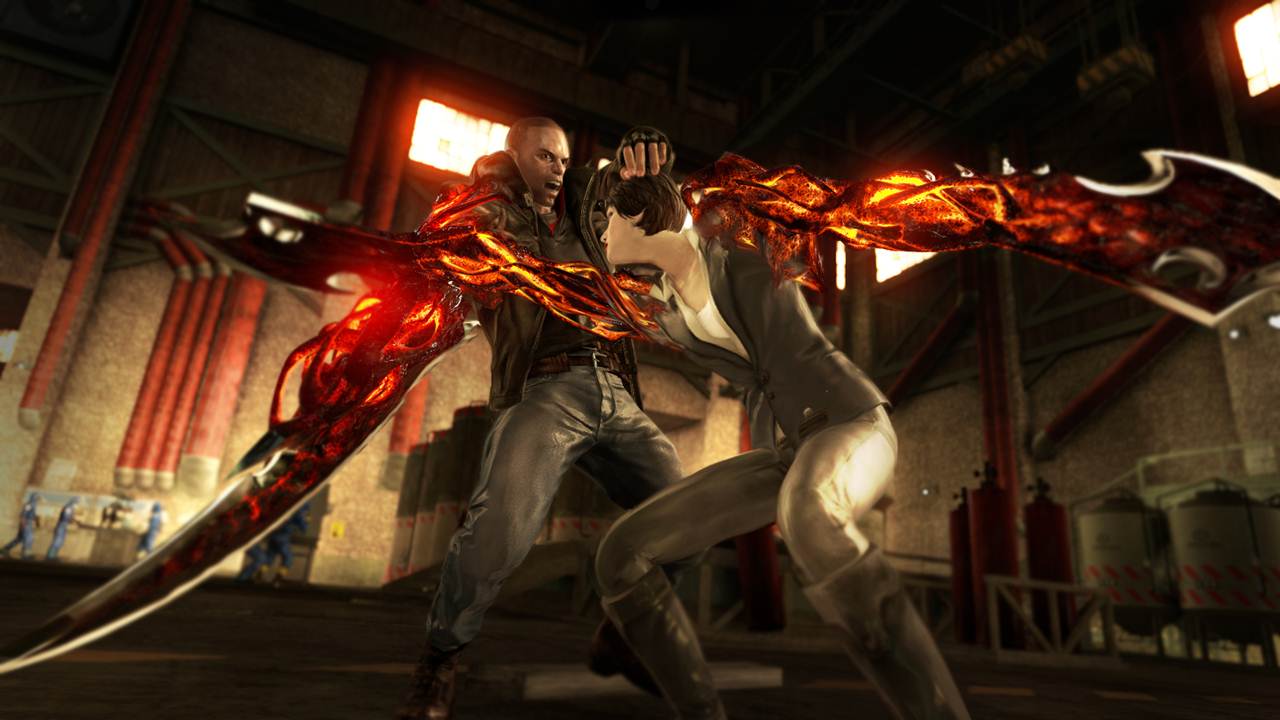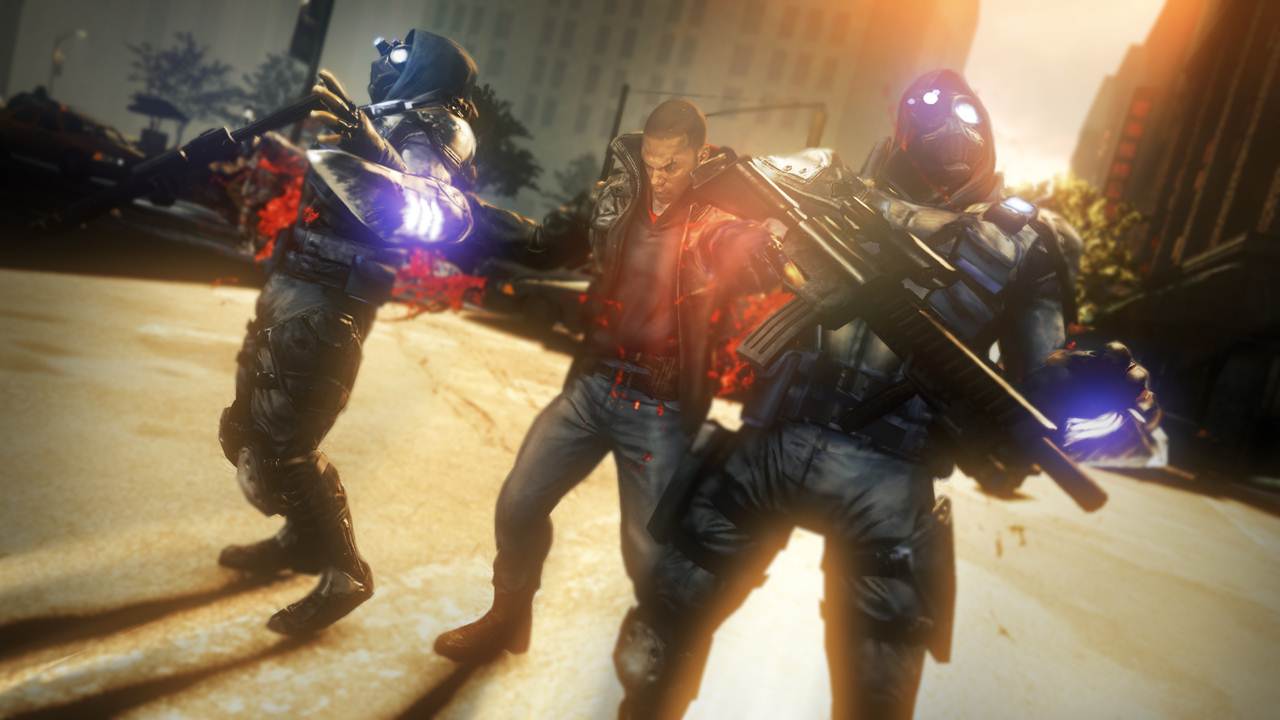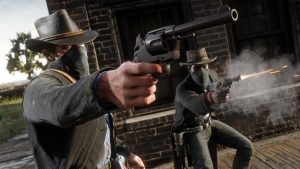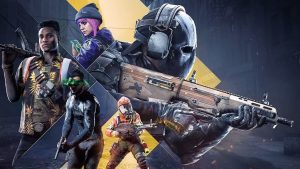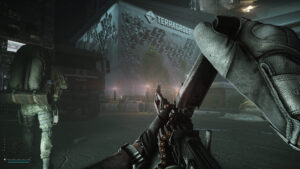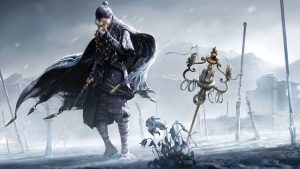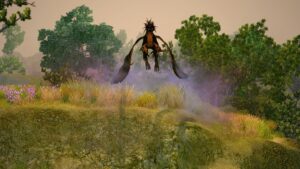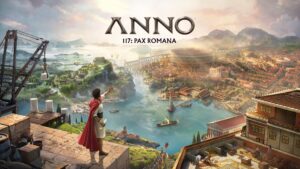
The Activision of 2022 is very much a shameless Call of Duty factory. All of its studios are dedicated almost exclusively to the shooter franchise, working on either premium instalments for PC and consoles, or providing support in some other capacity. That, of course, wasn’t always the case. Until not that long ago, Activision-owned studios had the freedom to try new and exciting things and deliver IPs built on intriguing ideas. One such IP was Prototype.
Developed by Radical Entertainment and inspired by the studio’s rollicking 2005 romp The Incredible Hulk: Ultimate Destruction, Prototype was a superhero game that attempted to deliver a power fantasy to its players like very few other games had. For the most part, it did that quite successfully, and sure enough, was met with solid critical and commercial success. That, in turn, led to a sequel, which was also received well by the majority of its players. And yet, even with its fascinating premise, its bombastic gameplay, and decent initial success, the franchise ended up not only dying a quick death, but even reducing developer Radical Entertainment to a shell of its former self. So what exactly went wrong? What the hell happened?
Prototype was introduced to the world in June 2009, and as a superhero game that placed quite an emphasis on flashy combat and high-flying traversal, it drew inevitable comparisons with Sucker Punch and Sony’s PS3 title inFamous, which had released just a month before Prototype itself launched. The conversation that those comparisons generated obviously helped the game a great deal- they helped both games, in fact. Both were talked about and played by a sizeable audience- but of course, that wasn’t the only thing working in Prototype’s favour. It helped immensely that it was also a great game in and of itself, just like inFamous was.
Prototype was no generational masterpiece, of course. At its core, it was a mindless, pulpy action game that was all about delivering the ultimate destructive power fantasy, and from its repetitive mission design to its bland visuals and art style, the game had a few issues that weren’t exactly easy to ignore. But what it did, it did very, very well. Developer Radical Entertainment knew that the biggest highlights of the experience had to be the combat and the traversal, and boy did the game deliver in both of those areas.
What made Prototype’s combat really tick was just how many options players always had at their disposal to feel like the destructive force the game wanted you to feel like. From disguising yourself as enemies to obliterating them by consuming their biomass, from sending out devastating shockwaves through long and high jumps to being able to shapeshift your arm into anything from a shield or a blade to claws or a hammer, to so much more, even in terms of the basic attacks you wanted to dish out, you always had plenty to choose from.
Switching between different vision modes allowed players to see based on heat detection or sense enemies infected with BLACKLIGHT, while you could also pick up enemies dropped by weapons and use them yourself, including the likes of assault rifles, machine guns, grenade launchers, and more. Hell, you could even take control of tanks and helicopters, while super powerful attacks known as Devastators could deal heavy amounts of damage to larger groups in the blink of an eye. Enemy variety was also consistently decent throughout the experience, which meant that for the most part, combat remained engaging and enjoyable.
It all worked for so many reasons, chief among them being the fact that Prototype was excellent at making you feel like a ridiculously powerful being capable of unleashing unbridled destruction. Most enemies crumbled before you with single cracking punches, environments and vehicles around you would explode as you dealt your attacks, the ground would shatter beneath you and send out shockwaves after you fell from great heights. At all times, you felt like you were, by far, the most powerful being in the game’s recreation of Manhattan- which, of course, was true.
Traversal also worked overtime to make you feel like an ultra powerful behemoth. With infinite stamina, protagonist Alex Mercer could run at high speeds indefinitely, and he would vault over obstacles as if they simple weren’t there. He could jump higher than most buildings, sustained no fall damage, scale tall walls and buildings with next to no effort- traversal in Prototype was about constant momentum. Together, the combat and movement came together in some excellent ways.
Prototype was received well by critics, while players, too, were enamoured by its offerings. Commercially, it sold well over 400,000 copies in its first month alone, and within three years of its launch, it had crossed the 2 million mark. Clearly, the game was a critical and commercial success- and it was obvious to most people that Activision would greenlight a sequel.
And they did. Radical Entertainment and Activision launched Prototype 2 in April 2012, nearly three years after the launch of the first game, and while it lacked the novelty factor of the original game, it was another solid superhero game. Combat had been improved to become more brutal, offering even more options with abilities and movement. But though the combination of seamless traversal and brawling blended together in great ways once more, Prototype 2’s nature as an iterative sequel worked against it to some extent. Its story, which saw you playing as James Heller and turned former protagonist Alex Mercer into a villain, was widely criticized, while on the gameplay front, with the novelty of the first game no longer a factor, the sequel was on the receiving end of more criticism for being too shallow, and as such, too repetitive.
The arcadey fun and bombastic action it offered was, of course, appealing to a large chunk of the player base, but Prototype 2 failed to generate the buzz that its predecessor had. Initial sales were solid, with the game outselling some of the biggest games on the market for a couple of months after a launch, but that quickly fizzles out. Not long afterward, Activision announced that the sizeable investments it had made in the development and marketing of Prototype 2 had not been justified the way they had hoped. The game was deemed a commercial failure, and between 2010 and 2012, Radical Entertainment suffered significant layoffs.
By the time those layoffs were done, Radical had been, well, radically altered. It was reduced to a support studio- though even that description is more than a little charitable. Since the launch of Prototype 2 a decade ago, the only thing Radical Entertainment has been credited with is providing some assistance on the original Destiny’s development. That doesn’t mean that that’s all the work the studio has done, but any other work has been so miniscule that Activision hasn’t even bothered to mention it. In fact, it wouldn’t be surprising if a large number of people out there didn’t even know that Radical was even a thing anymore.
Of course, as with most other Activision studios and properties, there is a glimmer of hope for both Prototype and its developer, thanks to Microsoft. Xbox is in the process of acquiring Activision Blizzard, with the deal set to be finalized sometime before July 2023, and Radical Entertainment was specifically named in the list of Activision studios that Microsoft would be absorbing when that process was complete.
Once Radical has become a first party Xbox developer, and Prototype a first party Xbox franchise, might we see the IP getting a revival? That’s certainly the hope, even though right now it’s based on little more than wishful thinking. Given Microsoft’s Game Pass-centric strategy, it wouldn’t be surprising to see a number of franchises getting another shot at success, and Game Pass might even make it possible for many of them to attract a much larger audience than perhaps they would have under ordinary circumstances.
Hopefully, Microsoft will see the value in Prototype, because as those who’ve played any of the two games will tell you, there’s a lot of potential here. With a AAA budget and proper backing by a major publisher, the IP could become a big name in the industry once again. We sure hope it does, because right now, there’s little doubt in anyone’s mind that Activision has let it go to waste.
Note: The views expressed in this article are those of the author and do not necessarily represent the views of, and should not be attributed to, GamingBolt as an organization.








